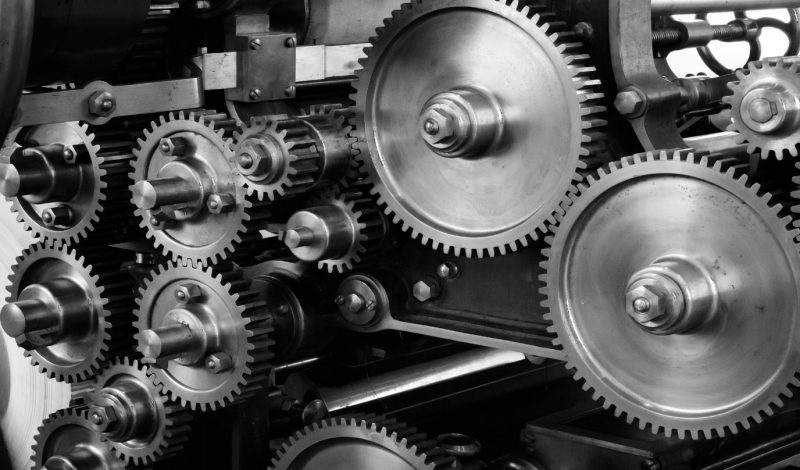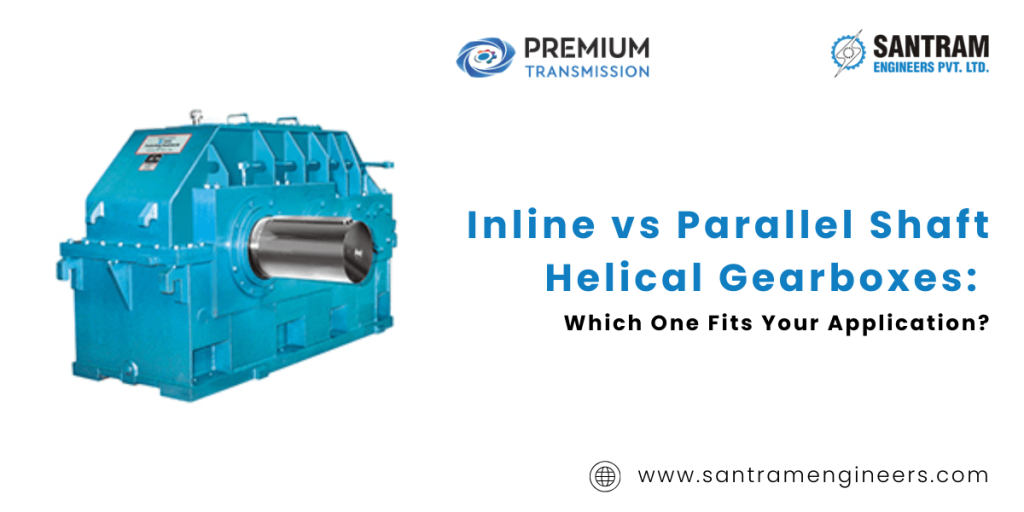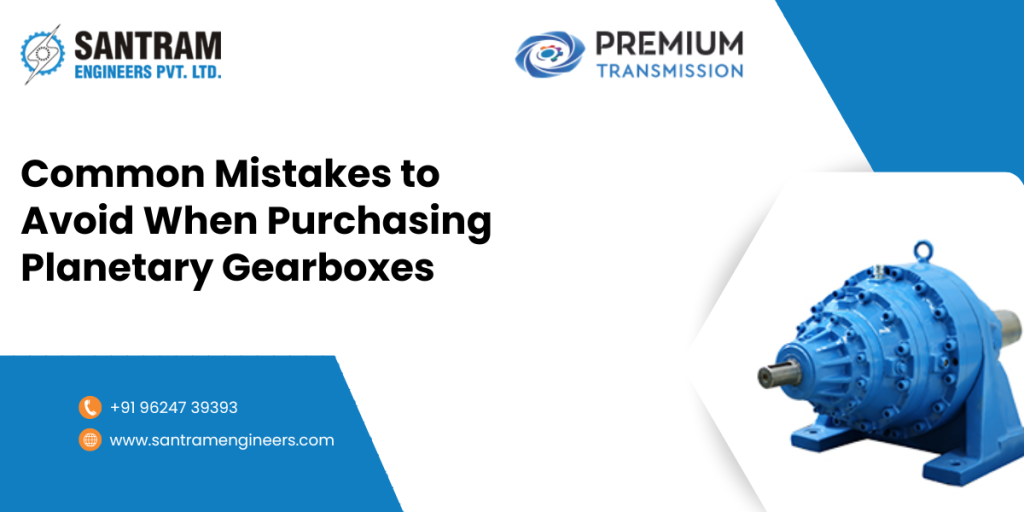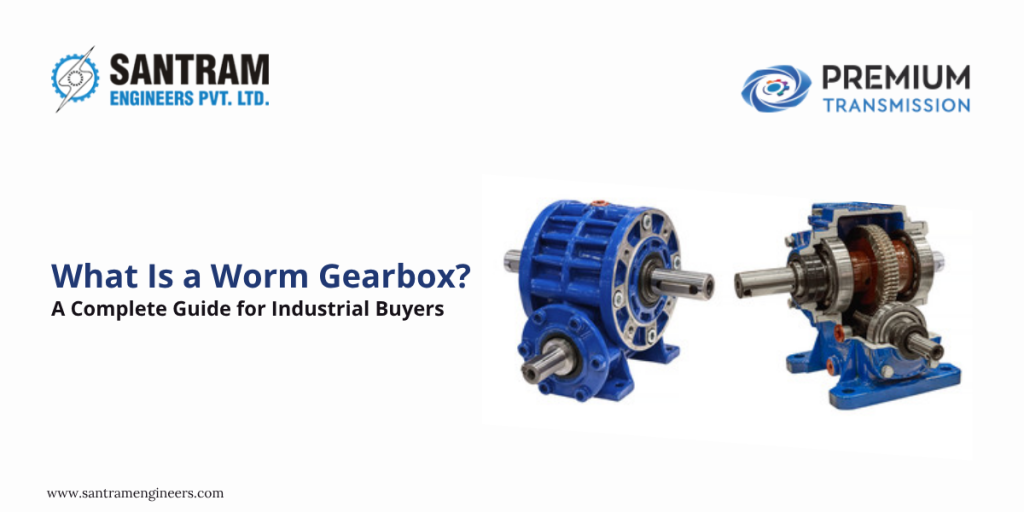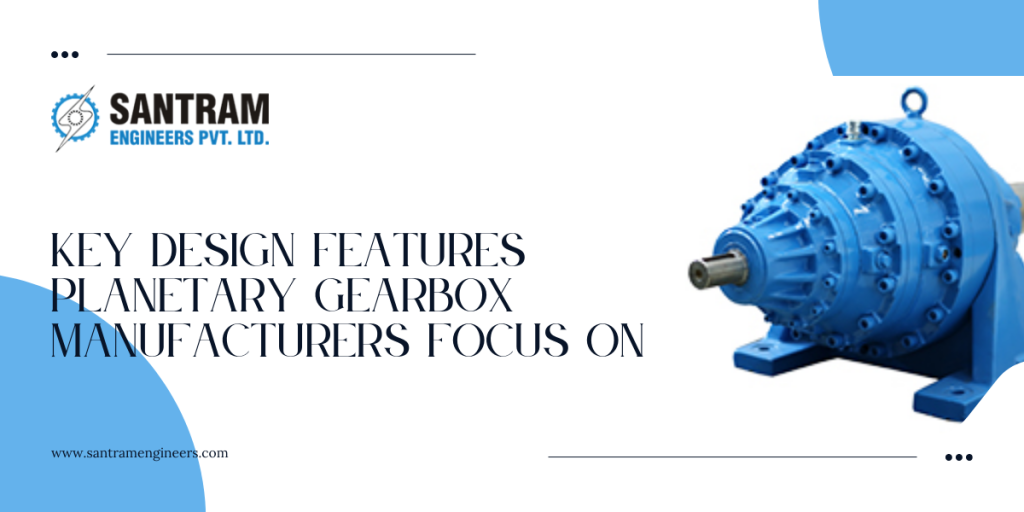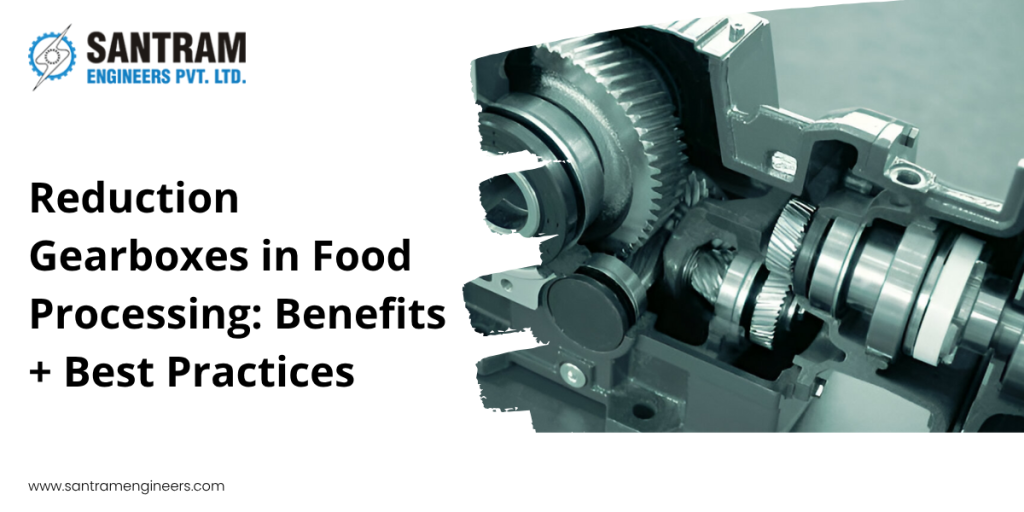When it comes to selecting the right gear oil for industrial gearboxes, there are several factors to consider. Gearboxes play a crucial role in various industries, including manufacturing, mining, and automotive sectors, ensuring machinery’s smooth and efficient operation. Choosing the appropriate gear oil is essential to optimise performance, minimise wear and tear, and extend the lifespan of gearboxes. In this comprehensive guide, we will explore different types of oil recommendations for different industrial gearboxes, focusing on key factors such as viscosity, additives, and base oil type.
Industrial Gearbox Oil Selection Criteria
1. Viscosity
Viscosity refers to the oil’s resistance to flow, and it plays a vital role in gear oil selection. Different gearboxes require specific viscosity grades to ensure optimal lubrication. The Society of Automotive Engineers (SAE) has established a viscosity classification system commonly represented by numbers such as 75W-90 or 80W-140. The first indicates the oil’s viscosity at low temperatures, while the second represents viscosity at high temperatures. For instance, gearboxes operating in extreme conditions, such as heavy loads or high temperatures, might require higher viscosity oils for better lubrication and protection.
2. Additives
Gear oils are often blended with additives to enhance performance and provide additional protection. These additives can improve properties such as oxidation resistance, anti-wear characteristics, and rust protection. Depending on the specific gearbox application, different additives may be required. For example, anti-wear additives are essential for industrial gearboxes experiencing heavy loads, while extreme pressure additives are necessary for gearboxes subjected to high torque or shock loads. It is crucial to consult the manufacturer’s recommendations or seek expert advice to determine the appropriate additives for your gearbox.
3. Base Oil Type
Gear oils are formulated using different base oil types, each with unique properties. The most common base oil types are mineral oils, synthetic oils, and semi-synthetic oils. Mineral oils are derived from crude oil and offer good lubrication properties at an affordable price. On the other hand, synthetic oils are manufactured chemically and provide superior performance in terms of high-temperature stability, oxidation resistance, and extended drain intervals. Semi-synthetic oils combine the advantages of both mineral and synthetic oils, offering a cost-effective solution with improved performance. The choice of base oil type depends on factors such as operating conditions, budget, and equipment requirements.
Recommendations for Specific Industrial Gearboxes
When it comes to selecting the right gear oil for industrial gearboxes, it’s essential to match the oil type to the specific gearbox requirements. Here are some recommendations for different types:
1. Worm Gearboxes
For worm gearboxes, it is recommended to use EP (Extreme Pressure) gear oils. These gear oils provide excellent protection against wear and extreme pressure. They are ideal for these gearboxes commonly found in industries such as food processing, textile manufacturing, and material handling.
2. Spur and Helical Gearboxes
Spur and helical gearboxes are commonly used in various industrial applications. For these gearboxes, compounded gear oils are often a suitable choice. Compounded gear oils provide good lubrication and protection against wear, corrosion, and oxidation. They are recommended for these gearboxes found in pumps, compressors, and medium-duty machinery.
3. Bevel and Hypoid Gearboxes
Bevel and hypoid gearboxes are typically found in heavy-duty applications that require high torque and heavy loads. Synthetic gear oils are highly recommended for these gearboxes due to their superior performance under extreme operating conditions. Synthetic gear oils can withstand high temperatures, heavy loads, and severe pressures, making them ideal for such industrial gearboxes used in the automotive, aerospace, and marine industries.
4. Planetary Gearboxes
Planetary gearboxes are widely used in industries where precise control and high torque transmission are essential. For these, synthetic gear oils are the preferred choice. The superior thermal stability, oxidation resistance, and extended drain intervals of synthetic gear oils make them ideal for demanding applications. They provide optimal lubrication and protection for the gearboxes found in industries such as robotics, wind energy, and heavy machinery.
5. Spiral Bevel Gearboxes
Spiral bevel gearboxes are commonly used in automotive applications, machine tools, and heavy machinery. EP (Extreme Pressure) gear oils are recommended for these industrial gearboxes. EP gear oils offer exceptional protection against wear and extreme pressure, ensuring smooth operation and extended gearbox life in demanding conditions.
6. Parallel Shaft Gearboxes
Parallel shaft gearboxes are widely used in industrial settings for various applications. For these gearboxes, R & O (Rust and Oxidation) gear oils are a suitable choice. R & O gear oils provide excellent resistance to rust and oxidation, ensuring the gearbox components are protected, and the oil remains stable over extended periods. They are commonly used in these gearboxes in light-duty machinery, conveyors, and small-scale equipment.
Remember, these recommendations are general guidelines, and it is essential to consult the industrial gearbox manufacturer’s recommendations for the most accurate and suitable gear oil selection. Following the manufacturer’s guidelines takes into account specific gearbox designs, materials, operating parameters, and other factors to ensure optimal performance and longevity. By choosing the right gear oil for each type of gearbox, you can enhance efficiency, reduce maintenance costs, and prolong the life of your gearboxes.
Gear Oil Compatibility Chart for Different Types of Industrial Gearboxes
| Gear Oil Type | Formulation | Operating Temperature Limit | Compatible Industrial Gearbox Types |
| R & O | Anti-rust and anti-oxidation | Moderate temperatures | Parallel Shaft Gearboxes |
| EP | Extreme Pressure | High temperatures | Worm Gearboxes, Spiral Bevel Gearboxes |
| Compounded | Blend of mineral oils and additives | Moderate temperatures | Spur and Helical Gearboxes, Bevel and Hypoid Gearboxes |
| Synthetic | Chemically engineered | High temperatures | Planetary Gearboxes and other heavy-duty applications |
Please note that this is a general overview, and it’s important to consult the manufacturer’s recommendations and specifications for the specific gear oil and gearbox combinations to ensure compatibility and optimal performance.
FAQs
1. What kind of oil does a gearbox take?
The type of oil a gearbox takes depends on the gearbox design, operating conditions, and manufacturer recommendations. Typically, gearboxes require specialized gear oils that provide adequate lubrication, reduce friction, and prevent wear and tear on the gears. These oils are often heavier than regular engine oils and include additives like extreme pressure (EP) agents to protect metal surfaces under high load. Always consult your gearbox manual to choose the correct oil type to ensure optimal performance and longevity.
2. What are the different types of gear oil available for gearboxes?
There are several types of gear oils designed for different applications: mineral-based, synthetic, and semi-synthetic oils. Mineral oils are derived from crude oil and are suitable for moderate operating conditions. Synthetic gear oils offer better thermal stability, longer life, and enhanced protection in extreme temperatures or heavy loads. Additionally, gear oils are classified by their viscosity grades and additive packages, such as GL-4 and GL-5, which determine their suitability for specific gearbox types and conditions.
3. How do I choose the right gear box oil grade?
Choosing the correct gearbox oil grade involves considering the gearbox type, operating temperature, and load conditions. Gear oil grades are often represented by SAE viscosity numbers such as 75W-90 or 80W-140, where the “W” stands for winter or cold start performance. Lower numbers indicate thinner oil which flows better at low temperatures, while higher numbers mean thicker oil for high temperature and heavy-duty use. Selecting the right grade ensures proper lubrication, prevents overheating, and prolongs gearbox life.
4. What type of lubricating oil is used in a gearbox?
The lubricating oil used in gearboxes is typically a specialized gear oil formulated to withstand high pressures and reduce metal-to-metal contact in the gear teeth. This oil contains additives such as anti-wear agents, corrosion inhibitors, and extreme pressure (EP) compounds to protect the gears under harsh conditions. For industrial gearboxes, you may also find oils with enhanced oxidation resistance and water separation properties to maintain clean lubrication.
5. What is the best gearbox oil for heavy-duty applications?
For heavy-duty gearboxes, the best gearbox oil is usually a high-quality synthetic gear oil with an EP (Extreme Pressure) additive package. Synthetic oils provide superior thermal stability, better oxidation resistance, and maintain consistent viscosity under extreme temperatures and heavy loads. Grades like SAE 75W-90 or SAE 80W-140 synthetic oils are commonly recommended for heavy-duty trucks, construction machinery, and industrial gearboxes, ensuring maximum protection and extended oil change intervals.
6. How often should I change the gear oil in my gearbox?
The frequency of gear oil changes depends on the gearbox type, operating conditions, and oil type used. Typically, gear oil in passenger vehicles should be changed every 30,000 to 60,000 miles, while industrial or heavy machinery gearboxes may require oil changes every 2,000 to 4,000 operating hours. Synthetic gear oils often allow longer intervals. Always follow the manufacturer’s recommendations and regularly check the oil condition for contamination or degradation to maintain optimal gearbox performance.
7. Can I use engine oil instead of gear oil in a gearbox?
It is not advisable to use engine oil as a substitute for gear oil in a gearbox. Engine oils and gear oils have different formulations and additive packages tailored to their specific functions. Gear oils are thicker and contain EP additives designed to protect the gear teeth under extreme pressure and sliding action, which engine oils lack. Using engine oil in a gearbox can lead to insufficient lubrication, increased wear, overheating, and potential gearbox failure.
8. What are common gearbox oil names and their standards?
Common gearbox oil names include GL-4, GL-5, and API MT, which are industry standards defining the oil’s additive composition and intended use. GL-4 oils are typically used in manual transmissions requiring moderate EP protection, while GL-5 oils are formulated for hypoid gears operating under high pressure and shock loads. It is essential to use the gearbox oil that meets or exceeds the OEM standards and the type recommended for your gearbox model.
9. How do environmental conditions affect the type of oil used in a gearbox?
Environmental factors such as temperature, humidity, and operating environment significantly influence the choice of gearbox oil. In colder climates, oils with lower viscosity grades like 75W are preferred for easier cold starts and faster lubrication. In hot or heavy-duty conditions, thicker oils with higher viscosity and enhanced thermal stability are necessary to prevent breakdown and maintain protective film strength. Additionally, gear oils with anti-corrosion and water-repellent additives are recommended for gearboxes exposed to moisture or dusty environments.
We Supply Superior Quality Industrial Gearboxes of All Types
Are you in need of superior-quality industrial gearboxes for your operations? Look no further than Santram Engineers. We are your trusted supplier of a wide range of gearboxes of all types. With our extensive range of high-performance gearboxes, we can meet your specific requirements and deliver top-notch solutions tailored to your needs.
Experience the difference of working with a supplier that prioritises quality, reliability, and customer satisfaction. We are a leading dealer of Premium Transmission products, including industrial gearboxes that are meticulously crafted using the finest materials and cutting-edge technology, ensuring durability and optimal performance even in the most demanding industrial environments.
Partner with us to access a comprehensive selection of gearboxes designed to deliver exceptional power transmission and smooth operation. Whether you need worm gearboxes, spur and helical gearboxes, planetary gearboxes or others, we have you covered.
Contact us today and let our team of experts assist you in finding the perfect industrial gearboxes to enhance your operations. Trust in our commitment to quality, expertise, and customer satisfaction. Elevate your machinery’s performance with our superior gearboxes.

